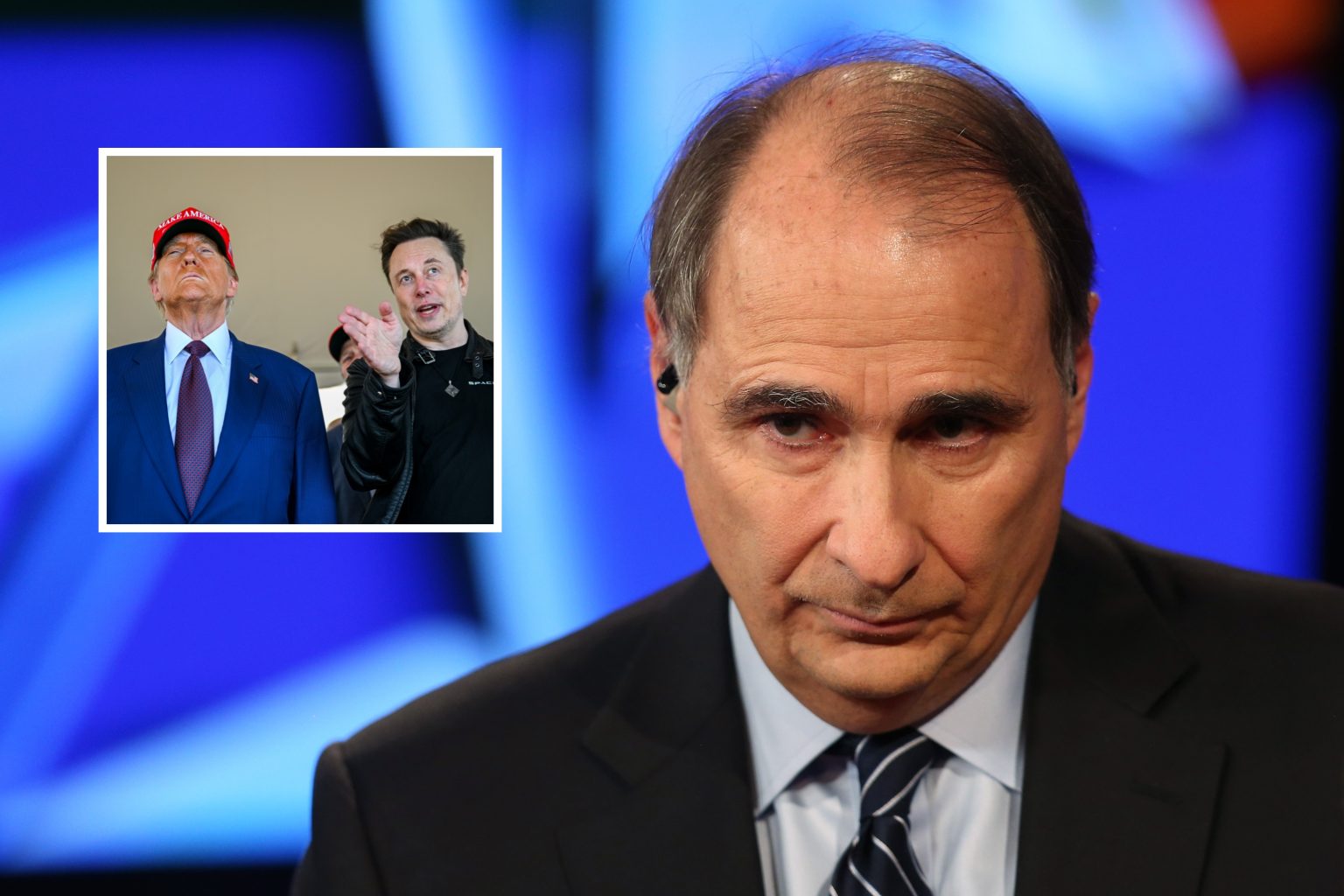The looming threat of a government shutdown has brought to the forefront the growing influence of Elon Musk within the Republican Party, particularly his sway over former President Donald Trump. Former Obama advisor David Axelrod even ironically dubbed Musk the “true president-elect” on X (formerly Twitter) after Trump publicly denounced a continuing resolution aimed at averting the shutdown, a move that followed Musk’s own vocal opposition to the bill on the same platform. This incident underscores the unprecedented power wielded by a non-elected individual in shaping political decisions with potentially significant consequences for the entire nation. The timeline of events clearly indicates Musk’s influence, with his pronouncements against the bill preceding Trump’s and a subsequent cascade of Republican lawmakers echoing the same sentiment.
The continuing resolution, designed as a temporary funding measure to keep the government operational, became a flashpoint in the ongoing political battles. Musk vehemently criticized the bill on X, labeling it “one of the worst ever written” and advocating for a complete halt to all congressional legislation until Trump’s inauguration in January 2025. This hardline stance, amplified by his substantial following on the platform, resonated with a segment of the Republican base and seemingly pressured GOP lawmakers to align themselves with Musk’s position. Following Musk’s online pronouncements, Trump and his Vice-President-elect, JD Vance, issued a joint statement echoing the criticisms and urging Republicans to reject the proposed legislation. Their statement cited concerns about provisions benefiting “government censors” and former Republican Congresswoman Liz Cheney, a prominent Trump critic.
Trump further solidified his opposition on Truth Social, threatening to primary any Republican who supported a “clean” version of the continuing resolution – a version stripped of the contested provisions. He argued that passing such a bill would merely shift the burden of dealing with the debt limit to his administration, preferring that it remain a challenge for the Biden administration to address. This display of political maneuvering, combined with Musk’s earlier intervention, effectively torpedoed the bipartisan effort to avoid a shutdown. House Speaker Mike Johnson, who initially backed the resolution, was forced to withdraw it after Trump’s declaration, leaving Congress scrambling to find a solution before the Friday deadline.
The apparent alignment between Musk and Trump has sparked significant commentary, with some observers highlighting the billionaire’s unusual level of influence over elected officials. While Trump’s 2024 campaign advisor, Bryan Lanza, downplayed Musk’s role, characterizing him merely as an “actor” under Trump’s “executive producer” control, others expressed deeper concerns about the implications of this dynamic. Democratic Congressman Brendan Boyle pointedly suggested Musk, not Trump, was the true leader of the GOP, while Congressman Maxwell Frost decried the situation as an example of “oligarchy” where the ultra-wealthy dictate policy. These reactions underscore the growing unease surrounding the concentration of political power, particularly when wielded by unelected individuals.
The potential consequences of a government shutdown are substantial and far-reaching. Federal employees would face unpaid furloughs, impacting their livelihoods and potentially disrupting essential services. Beyond the immediate impact on government workers, a shutdown could also affect ordinary Americans. Services provided by the Social Security Administration could be delayed or interrupted, and federal food assistance programs like SNAP might face disruptions, creating hardship for vulnerable populations. The White House issued a statement condemning the Republican opposition to the continuing resolution, accusing them of prioritizing political gamesmanship over the well-being of American families and the stability of the nation. They urged Republicans to honor their previous commitments and work towards a bipartisan solution to avert the shutdown.
As the deadline approaches, the focus remains on Congress and its ability to find a last-minute agreement to fund the government. The unfolding events have highlighted the unusual dynamics at play within the Republican Party, the growing influence of non-elected figures like Elon Musk, and the potential for serious consequences if a shutdown occurs. The situation underscores the importance of functional governance and the delicate balance between political maneuvering and the necessity of ensuring the continued operation of essential government services. Whether Congress can overcome its internal divisions and reach a consensus remains uncertain, leaving the nation on edge as the clock ticks down.

